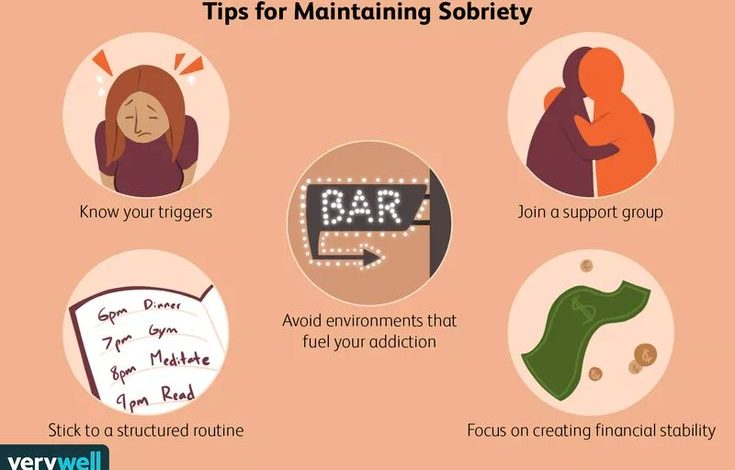Drug Recovery 101: Tips To Help You Stay Sober

When it comes to addiction, there is never one correct or perfect way to recover. In fact, that’s the beauty of addiction and drug recovery. Everyone has their own personal journey, and everyone needs something different in order to find success. Some may require inpatient treatment for drug abuse, while others may just need an accountability partner who is on their side and willing to check in on them regularly. And still others may require a different approach altogether.
A person’s approach to recovery from drugs and alcohol depends largely on the type of substance abuse they are dealing with and how long they’ve had the problem. For example, someone who has just begun experimenting with drugs probably won’t respond well to the same methods that helped someone else stop using completely after years of struggling with addiction. That being said, there are many things you can do during drug recovery so that you have the best shot at success. They include:
Stay in Treatment for Longer Than You Think You Need To
There’s a stigma attached to treatment, and many people assume that they must be “done” with it after a certain amount of time. Unfortunately, this often leads to them dropping out of treatment before they’re truly ready. This can be problematic for a few reasons.
First, the longer you stay in treatment, the more time you have to start practicing new and healthier habits. Second, it allows you to get used to living a sober lifestyle, which can make it easier to maintain that lifestyle later on.
Lastly, completing a treatment program gives you a leg up in terms of finding long-term sobriety. You’ll have a lifetime membership to your state’s sober network, and you’ll have a clean bill of health from your doctor. This can help you get the support you need in order to stay sober over the long haul.
Create an Environment That’s Conducive To Maintaining Sobriety
Many people struggle with how to maintain sobriety in the early stages of their recovery. If you’re in the early stages of recovery and are having a difficult time, it may help to change some things in your environment.
For example, if your drug of choice was alcohol, you could avoid bars and clubs where alcohol is commonly served. If people are negatively impacting your ability to stay sober, you may need to distance yourself from them for the time being. You don’t have to completely cut people out of your life, but you do need to be honest with yourself about who you’re spending time with.
Create Your Own Recovery Plan
Most people will try a few different approaches to sobriety before they find the one that works best for them. This is normal, and it doesn’t indicate failure in any way. The only real failure is giving up completely.
Therefore, it’s important to create a personal plan for drug recovery that includes goals and measurable benchmarks. This can help you stay accountable to yourself and your goals as you work towards achieving them. It can also help you recognize when something doesn’t feel right or isn’t working.
In the end, you’re the only one who can truly know what you need to do to stay sober and be happy. It’s important to trust your instincts and be open to trying new things. You never know when a new discovery will help you find the success you’re looking for
In Conclusion
Ultimately, there is no right or wrong way to recover. While there are certain things that may help others stay sober, you should follow the path that works best for you. Remember that each day is a new opportunity to stay sober, and there are plenty of resources available to help you succeed.
Apart from this if you are interested to know about Six steps to find a drug crime lawyer in Utah then visit our Law category.



